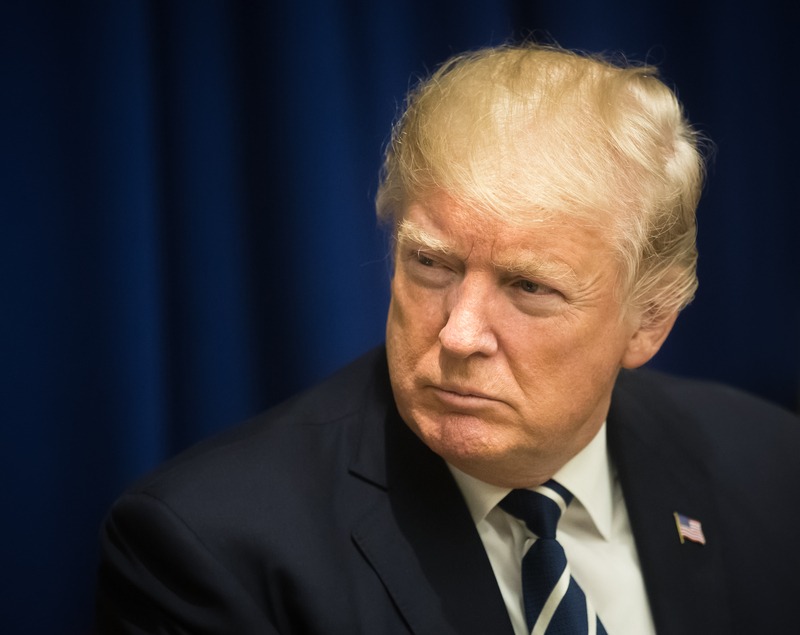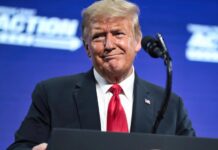President Donald Trump declared two new national holidays, designating May 8 as “Victory Day for World War II” and November 11 as “Victory Day for World War I.” However, this announcement does not mean additional days off for Americans.
In a Truth Social post, Trump explained that these holidays recognize America’s contributions to both world wars.

“We won two World Wars, but we never took credit for it — Everyone else does! All over the World, the Allies are celebrating the Victory we had in World War II. The only Country that doesn’t celebrate is the United States of America, and the Victory was only accomplished because of us,” Trump stated.
Despite the establishment of these holidays, Trump clarified that they would not lead to additional days off, stating, “because we already have too many Holidays in America — There are not enough days left in the year. We were Workers then, and we are Workers now!”

The choice of May 8 for World War II aligns with “Victory in Europe Day” (V-E Day), celebrated by numerous Allied nations to commemorate Nazi Germany’s surrender. Historians note that for the United States, World War II concluded in August 1945 with Japan’s surrender after the atomic bombings of Hiroshima and Nagasaki.
The decision to designate November 11 as “Victory Day for World War I” has sparked controversy, as this date is already celebrated as Veterans Day, a federal holiday since 1938. Veterans Day began as Armistice Day to mark the end of World War I on November 11, 1918, but was renamed in 1954 to honor all American veterans.

In response to public concern over renaming Veterans Day, White House Press Secretary Karoline Leavitt clarified that the administration is “not renaming Veterans Day… It will just be an additional proclamation that goes out on that day.”
Veterans’ organizations have expressed concern over the potential rebranding of Veterans Day. Renaming it to “Victory Day for World War I” would alter 87 years of precedent in recognizing November 11 as a day for all veterans.
During his previous term, Trump issued a Veterans Day proclamation that described it as an opportunity for Americans “to pause to pay tribute to all who have proudly worn our nation’s uniform.” His current announcement reflects a shift in how he views the holiday’s purpose.
The legal status of these declarations is uncertain. Establishing official federal holidays typically requires congressional action, not just a presidential proclamation.

The United States already observes several military-related holidays, including Memorial Day on the last Monday of May, honoring those who died in military service, and Veterans Day on November 11, recognizing all military veterans.
Despite Trump’s assertion that the U.S. does not celebrate its World War victories, the nation has held remembrance ceremonies in May, August, and September for decades. Former President Harry Truman issued a proclamation in August 1946 declaring August 14 as “Victory Over Japan Day.”

As of early July, no formal proclamation has yet been issued for November 11 as Victory Day for World War I. The White House has indicated it will follow with a similar proclamation later in the year, but the date remains unaltered as Veterans Day.
Major veterans’ organizations—including the Disabled American Veterans (DAV) and Veterans of Foreign Wars (VFW)—publicly rejected any renaming of Veterans Day, insisting it remain “Veterans Day” and that separate commemorations suffice.











